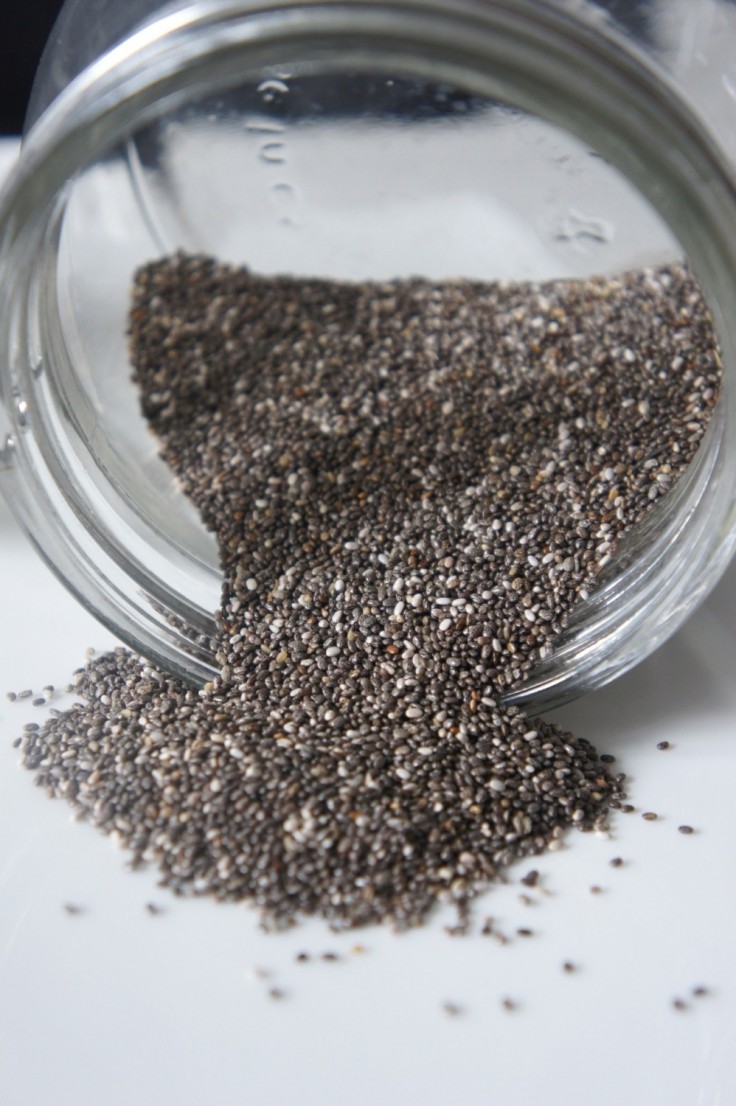
Diabetes has always been one of the most common illnesses of people worldwide. Even students are not exempted from having this condition. It is a disease in which your blood sugar levels are too high. It is typically regulated by insulin - a hormone produced by the body that helps the glucose gets into your cells to provide them energy.
As a student, it is hard to cope with your health restriction, especially when you stay in a dormitory. But students with high blood sugar should never self-treat. You need to understand that there is more than the word "diabetes".
There are two types of diabetes. Type 1 diabetes, is when your body does not make insulin. Type 2, which is more common, your body does not make or use insulin well. Without enough insulin, the glucose stays in your blood which can also result in a pre-diabetes stage. This only indicates that your blood sugar is higher than normal but not high enough to be called diabetes. If you experience symptoms of pre-diabetes, you are at a higher risk of getting type 2 diabetes.
Eventually, having too much glucose in your blood can cause serious problems. It can damage other internal organs like kidneys and can lead to major heart diseases. It's important to know what normal blood sugar levels are before and after meals and what the recommended HbA1c levels (average blood glucose levels over the last 2-3 months) are whether you have diabetes or not.
As your blood sugar comes from different kinds of food that you eat, here are some that they can actually eat to help regulate their blood sugar:
- Chia Seeds - are amazing food for diabetic patients. They're very high in fiber, yet low in digestible carbs. It may help you achieve a healthy weight because fiber reduces hunger and makes you feel full. In addition, fiber can decrease the amount of calories you absorb from other foods you eat. Chia seeds are also effective in reducing blood pressure and other inflammatory factors.
- Turmeric -has the most important content called curcumin. It can help reduce blood sugar levels and inflammation while protecting against heart and kidney disease. Curcumin appears to benefit kidney health in diabetics, thus it is important to also include this on your diet because diabetes is one causes of kidney diseases.
- Broccoli - is one of the most nutritious vegetables around the globe. Scientific research in diabetics has found that broccoli may help lower insulin levels and protect cells from harmful free radicals produced during metabolism.
- Extra virgin olive oil - is very helpful for achieving good heart health. It has oleic acid, a type of monounsaturated fat that has been shown to improve the levels of triglycerides and HDL, which are often at high points in type 2 diabetes. Olive oil also has antioxidants called polyphenols. They reduce inflammation, protect the cell lining in your blood vessels, keep your LDL cholesterol from becoming damaged by oxidation and decrease blood pressure.
- Apple cider vinegar - is the most famous type of vinegar when it comes to natural health. It is claimed to have hundreds of benefits, many of which are supported by science. Including weight loss, reduced cholesterol, lower blood sugar levels and improved symptoms of diabetes and cardiovascular diseases.
- Squash - is not your ordinary food, it is one of the healthiest vegetables around. Like most vegetables, squash contains beneficial antioxidants. Pure squash extract has also reported reductions in obesity and insulin levels.
- Leafy greens - these vegetables are super nutritious and low in calories. They are also very low in digestible carbs, which raise your blood sugar levels. Lettuce, spinach, cabbage, bok choy, and other leafy greens are good sources of several vitamins and minerals, including vitamin C.
ALSO READ : Chinese Herbal Medicines Help Control Diabetes
© 2025 University Herald, All rights reserved. Do not reproduce without permission.








